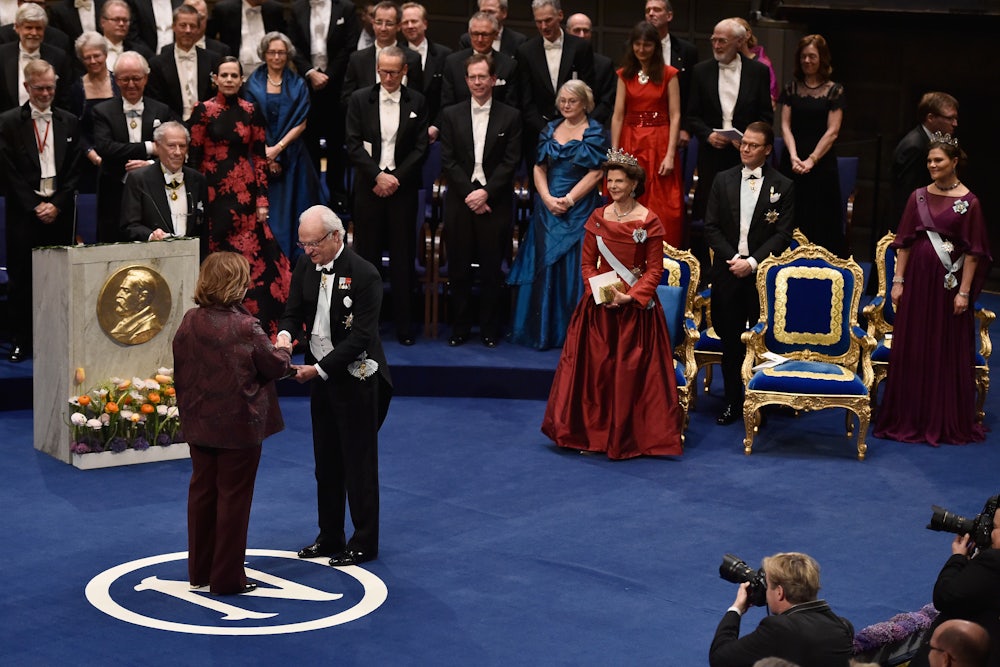
Famous, Famous-ish, and Not-at-All Famous Non-American Writers Who Are Not Going to Win
- Haruki Murakami (Japanese novelist and jogger; 4/1 odds)
- John Banville (Irish novelist; 20/1 odds)
- Milan Kundera (Czech novelist and playwright; 50/1 odds)
- William Trevor (Irish novelist, short story writer, and playwright; 66/1 odds)
- Rohinton Mistry (Indo-Canadian novelist and short story writer; 66/1 odds)
- Margaret Atwood (Canadian novelist, poet, and essayist; 66/1 odds)
- Paul Muldoon (Irish poet; 66/1 odds)
- Salman Rushdie (Indo-British novelist, short story writer, and Facebook user; 66/1 odds)
- Tom Stoppard (English playwright and screenwriter; 66/1 odds)
- Colm Toibin (Irish novelist, short story writer, and essayist; 66/1 odds)
- Julian Barnes (English novelist and essayist; 66/1 odds)
- Don Paterson (Scottish poet; 100/1 odds)
- A. S. Byatt (English novelist; 100/1 odds)
- James Kelman (Scottish novelist, short story writer, playwright, and essayist; 100/1 odds)
- Hilary Mantel (English novelist and short story writer; 100/1 odds)
One other interesting thing to note: Last year, the popular British novelists in contention, aka Chris Hitchens’s Former Designated Drivers, were Salman Rushdie and Ian McEwan; this year, Julian Barnes seems to have wrestled the keys away from McEwan, or perhaps McEwan’s Look Who’s Talking novelization was seen as being not Nobel material. (...)
Maybe, Just Maybe, This Year... Or Next Year.... Or, More Accurately, in Five Years
- Ismail Kadare (Albanian novelist and poet; 16/1 odds)
- Javier Marías (Spanish novelist, short story writer, essayist, and translator; 16/1 odds)
- László Krasznahorkai (Hungarian novelist and screenwriter; 20/1 odds)
- Cesar Aira (Argentine novelist, short story writer, and essayist; 20/1 odds)
- Peter Handke (Austrian novelist and playwright; 25/1 odds)
- Péter Nádas (Hungarian novelist, playwright, and essayist; 25/1 odds)
- Amos Oz (Israeli novelist; 25/1 odds)
- Adam Zagajewski (Polish poet and essayist; 33/1 odds)
- Enrique Vila-Matas (Spanish novelist; 66/1 odds)
selectiuni din articol
articolul integral la sursa: newrepublic.com